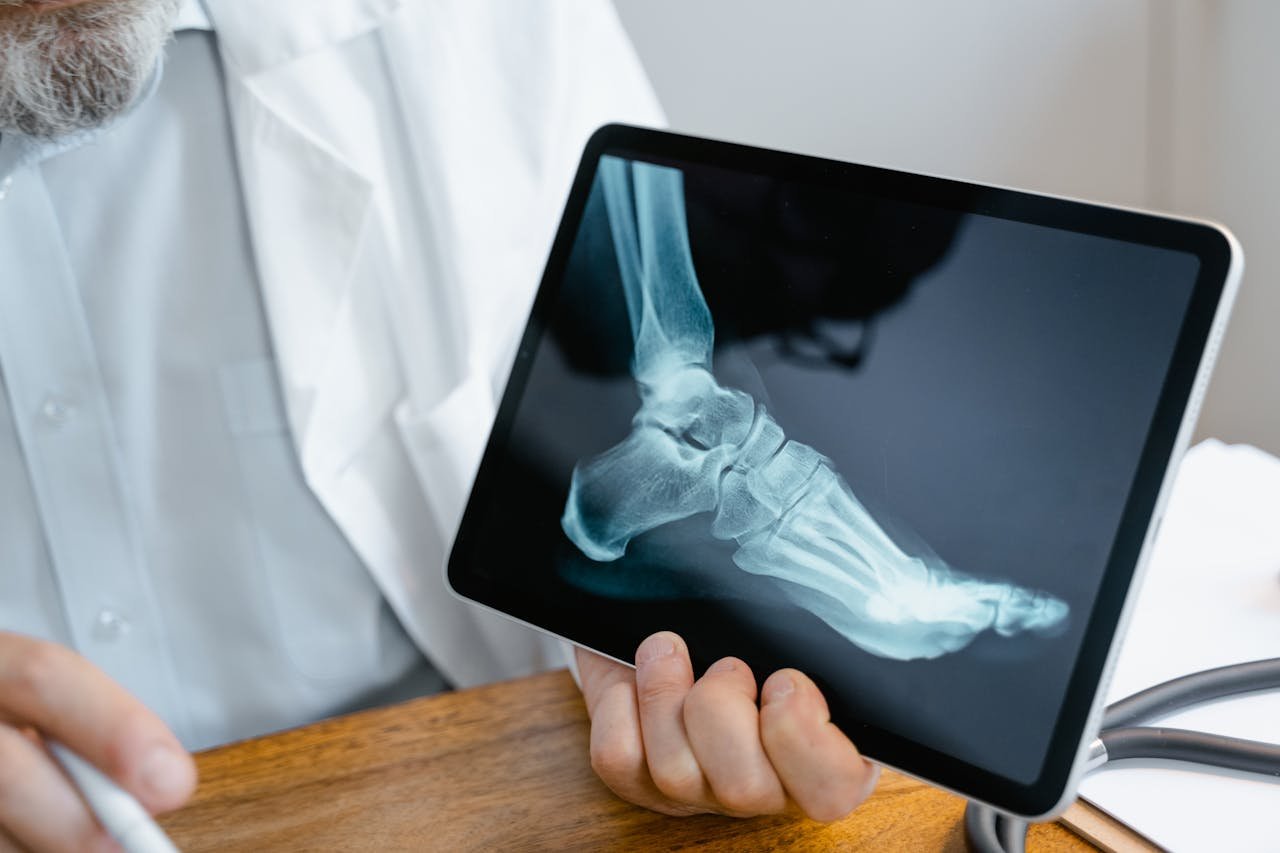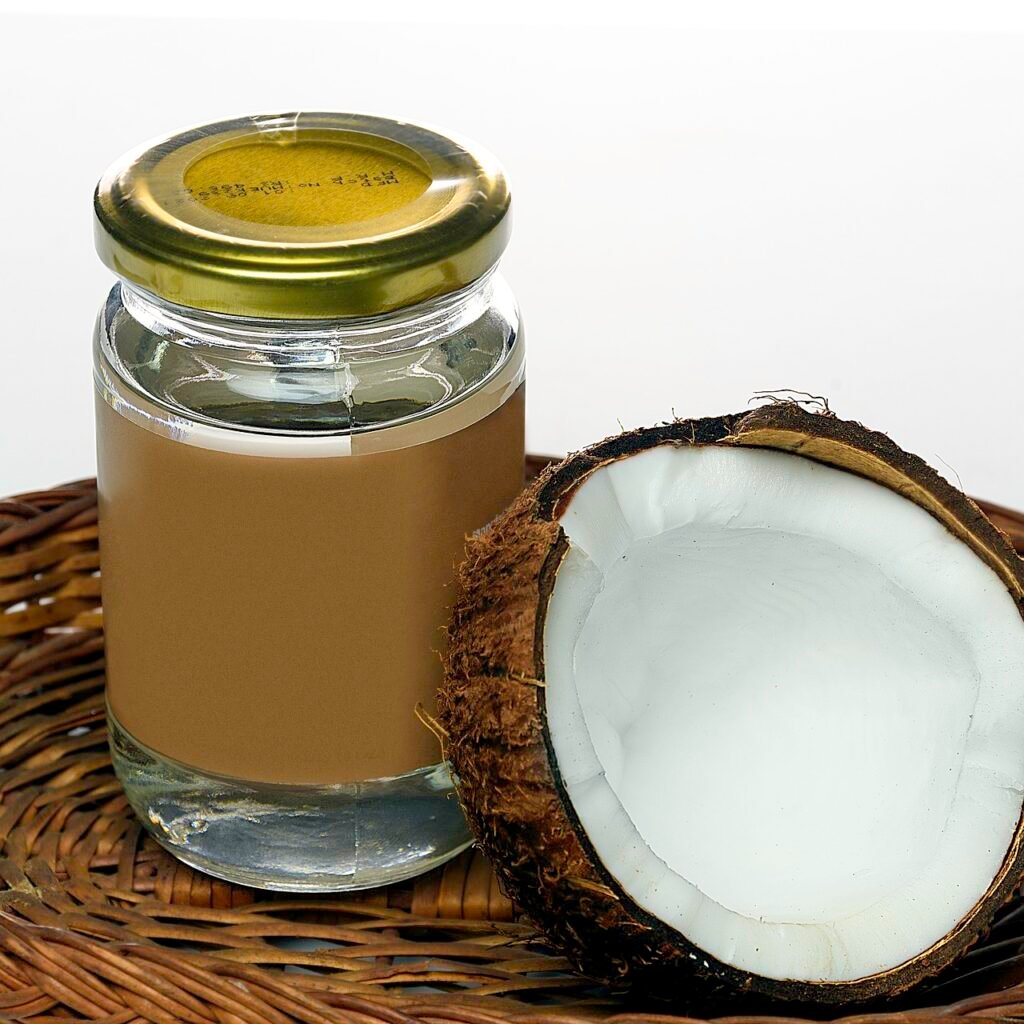Bone health is a critical aspect of overall well-being that often goes unnoticed until problems arise. One of the lesser-known factors that can influence bone density is testosterone, a hormone commonly associated with male reproductive health but also present in women. Emerging research suggests a strong connection between testosterone levels and bone density, making it essential to understand how this hormone impacts skeletal health. For those concerned about maintaining strong bones as they age, understanding the role of testosterone is key.
The Role of Testosterone in Bone Health
Testosterone is often linked with muscle growth, energy levels, and sexual health, but its role in bone health is just as vital. This hormone helps stimulate bone growth and maintain bone density by promoting the activity of osteoblasts—cells responsible for bone formation. Both men and women rely on adequate testosterone levels to sustain bone health, although the levels required differ between genders.
How Reduced Testosterone Affects Bone Density
As we age, testosterone levels naturally decline, leading to a host of potential health issues, including reduced bone density. Low testosterone levels can result in an imbalance between bone formation and bone resorption—the process by which old bone is broken down and removed. This imbalance often leads to osteoporosis, a condition where bones become weak and brittle, significantly increasing the risk of fractures.
Men with low testosterone levels are particularly at risk for osteoporosis, as they experience a more dramatic decline in bone density compared to women. However, women are also affected, especially after menopause when estrogen levels drop, further impacting bone density.
Symptoms of Low Testosterone and Reduced Bone Density
It’s important to be aware of the signs that your bone density may be decreasing due to low testosterone levels. Common symptoms include:
- Frequent bone fractures
- Back pain due to fractured or collapsed vertebrae
- Loss of height over time
- Stooped posture
- Decreased energy and muscle mass
If you are experiencing any of these symptoms, it may be time to consider a bone density test and consult with a healthcare provider about your testosterone levels.
Improving Bone Density and Testosterone Levels
For those looking to maintain or improve bone density, addressing low testosterone levels may be a crucial step. Several strategies can help:
- Testosterone Replacement Therapy (TRT): TRT can be an effective way to restore testosterone levels and improve bone density. However, it should be approached with caution and under medical supervision due to potential side effects.
- Diet and Nutrition: A diet rich in calcium and vitamin D is essential for bone health. Foods like dairy products, leafy greens, and fortified cereals can help strengthen bones.
- Exercise: Weight-bearing exercises, such as walking, jogging, and strength training, can improve bone density and boost testosterone levels naturally.
- Supplements: Certain supplements, like vitamin D, calcium, and zinc, can support bone health and testosterone production.
- Lifestyle Changes: Reducing alcohol consumption, quitting smoking, and managing stress can positively impact both bone density and testosterone levels.
Conclusion
Understanding the link between testosterone levels and bone density is essential for anyone concerned about bone health, particularly as they age. By taking steps to maintain healthy testosterone levels, you can support stronger bones, reduce the risk of osteoporosis, and improve your overall quality of life. Whether through lifestyle changes, medical intervention, or a combination of both, protecting your bone health is a proactive way to ensure long-term well-being.
Disclaimer: The information provided on this blog is for general informational purposes only and is not intended as medical advice. Always consult with a qualified healthcare professional before making any decisions regarding your health or starting any new treatments. The content here should not be used to diagnose, treat, or prevent any medical condition. Additionally, please note that this blog is reader-supported. If you click on an affiliate link or advertisement and make a purchase, we may receive a commission at no extra cost to you. This helps us maintain the site and continue providing valuable content.




